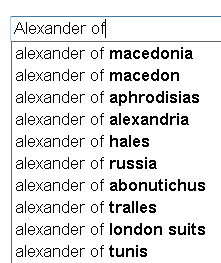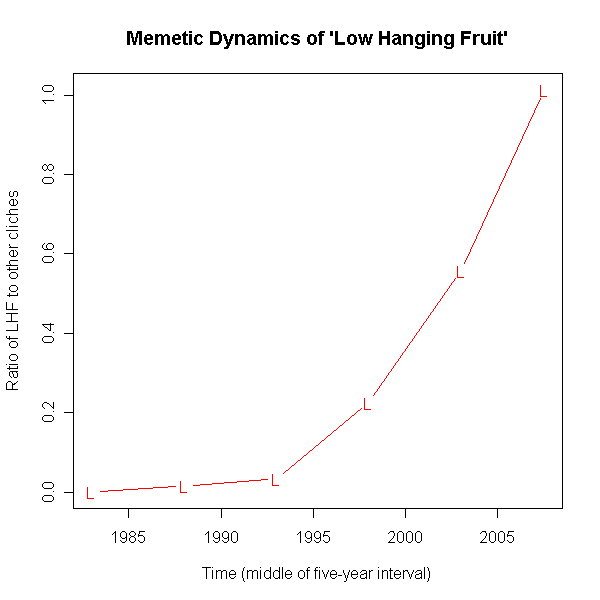Conflict in Plateau State
In the most recent ethnic violence in Nigeria's Plateau State, the victims were "members of Plateau’s leading ethnic group, the Berom, in the villages of Ratt and Dogona Hauwa" (Adam Nossiter, "Clashes kill dozens in central Nigeria", NYT 3/7/2010, update with fuller casualty count here), and the perpetrators were "Fulani herdsmen".
Some excellent background on this conflict can be found in a report by Roger Blench, "Access Rights and Conflict over Common Pool Resources on the Jos Plateau, Nigeria", Report to the World Bank on Jigawa Enhancement of Wetlands Livelihoods Project, 9/13/2003:
Plateau State is distinctive for its high level of ethnolinguistic diversity, and it is populated by a great variety of small groups living in hamlets, with a complex clan organisation and ritual kingship systems. This has ensured that no one language or people is dominant, although the largest ethnic groups are probably the Berom, Ngas and Tarok. Gunn (1953) gives a useful overview of the main ethnic groups of the Plateau region.
Fulɓe movement into the lowland regions is less well chronicled, but it is generally more recent than the movement onto the Plateau. A low human population, low levels of tsetse and mosquitoes and unlimited grassland drew Fulɓe pastoralists from all over the semi-arid regions. Fulɓe established themselves in all parts of the Plateau and originally lived alongside cultivators with minimal friction. To judge by interviews, Fulɓe settlement began in the late nineteenth century but was given a great boost by the end of warfare consequent on colonialism (Morrison 1976). [links added]
Read the rest of this entry »


